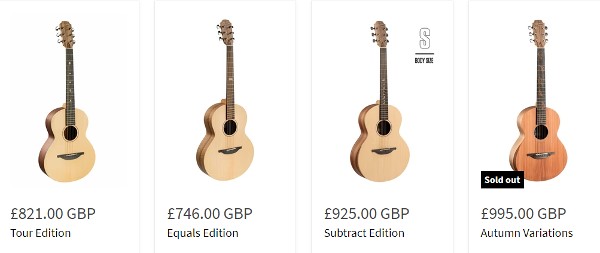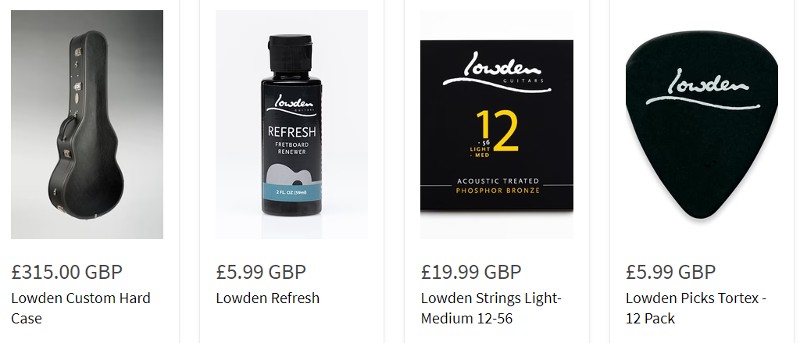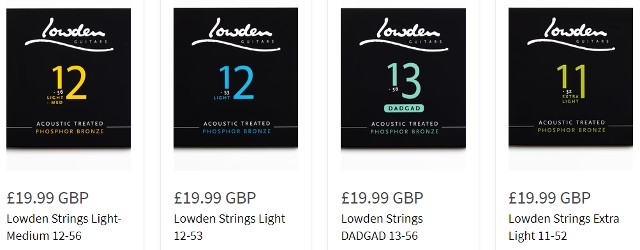Selecting the right guitar strings is essential for achieving the desired tone, playability, and longevity of your instrument. With a wide range of materials, gauges, and coatings available, it can be overwhelming to find the perfect strings for your needs. This comprehensive guide will help you navigate the options and choose the best guitar strings for you.
1. String Material
- Steel Strings:
Offers bright, crisp tone and increased durability, suitable for most acoustic and electric guitars.
- Nylon Strings:
Produces warm, mellow tones and is easier on the fingers, ideal for classical and flamenco guitars.
- Coated Strings:
Feature a protective coating that extends their lifespan and maintains their tone, perfect for players seeking longevity.
2. String Gauge
- Light Gauge:
Easier to play and bend, suitable for beginners and players who prefer a softer touch.
- Medium Gauge:
Offers a balanced tone and feel, ideal for most playing styles and genres.
- Heavy Gauge:
Provides increased volume and sustain, perfect for aggressive playing styles and drop tunings.
3. String Coating
- Uncoated Strings:
Offer a natural feel and tone but are more prone to corrosion and buildup of dirt and oils.
- Coated Strings:
Feature a protective coating that repels moisture and oils, extending their lifespan and maintaining their tone.
4. Playing Style
- Strumming:
Players who predominantly strum may prefer lighter gauge strings for easier playability and brighter tone.
- Fingerpicking:
Fingerstyle players may opt for medium gauge strings for balanced tone and projection.
- Lead Playing:
Lead guitarists may prefer lighter gauge strings for easier bending and increased speed.
5. Guitar Type
- Acoustic Guitar:
Steel strings are standard for most acoustic guitars, while nylon strings are used on classical and flamenco guitars.
- Electric Guitar:
Steel or nickel-plated steel strings are common choices for electric guitars, offering bright tone and easy bending.
- Bass Guitar:
Bass strings come in various materials and gauges, with stainless steel and nickel being popular choices.
Conclusion
Choosing the right guitar strings is a personal decision that depends on your playing style, genre preference, and instrument type. Experiment with different materials, gauges, and coatings to find the strings that suit your needs and enhance your playing experience. With the right strings, you can achieve your desired tone, playability, and longevity, allowing you to express yourself fully through your music.







